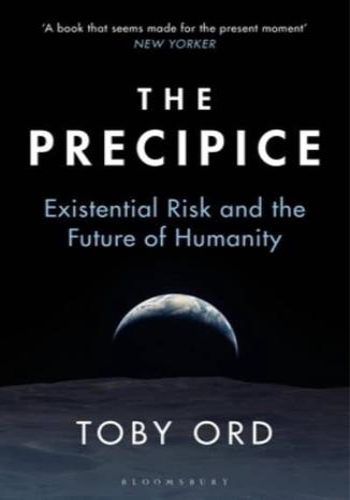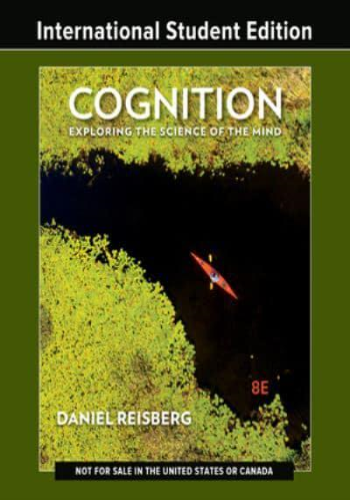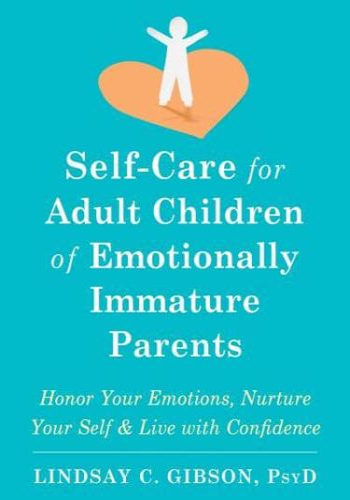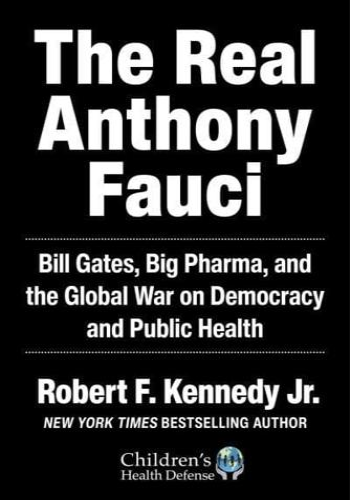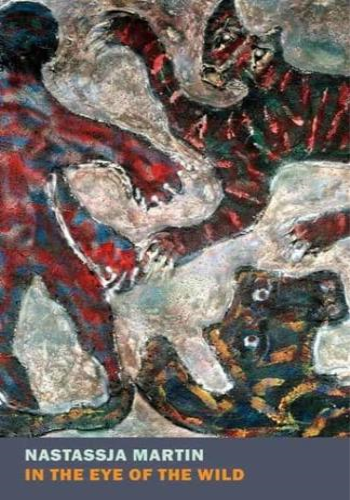What existential threats does humanity face? And how can we secure our future?
'The Precipice is a powerful book . . . Ord's love for humanity and hope for its future is infectious' Spectator
'Ord's analysis of the science is exemplary . . . Thrillingly written' Sunday Times
We live during the most important era of human history. In the twentieth century, we developed the means to destroy ourselves - without developing the moral framework to ensure we won't. This is the Precipice, and how we respond to it will be the most crucial decision of our time.
Oxford moral philosopher Toby Ord explores the risks to humanity's future, from the familiar man-made threats of climate change and nuclear war, to the potentially greater, more unfamiliar threats from engineered pandemics and advanced artificial intelligence.
With clear and rigorous thinking, Ord calculates the various risk levels, and shows how our own time fits within the larger story of human history. We can say with certainty that the novel coronavirus does not pose such a risk. But could the next pandemic? And what can we do, in our present moment, to face the risks head on?
A major work that brings together the disciplines of physics, biology, earth and computer science, history, anthropology, statistics, international relations, political science and moral philosophy, The Precipice is a call for a new understanding of our age: a major reorientation in the way we see the world, our history, and the role we play in it.


